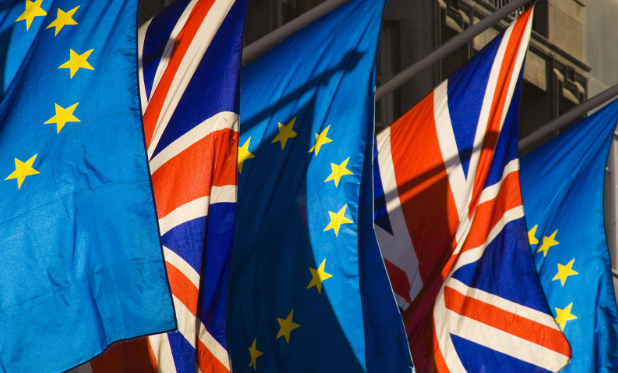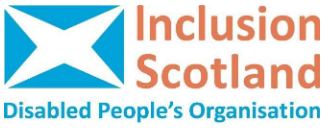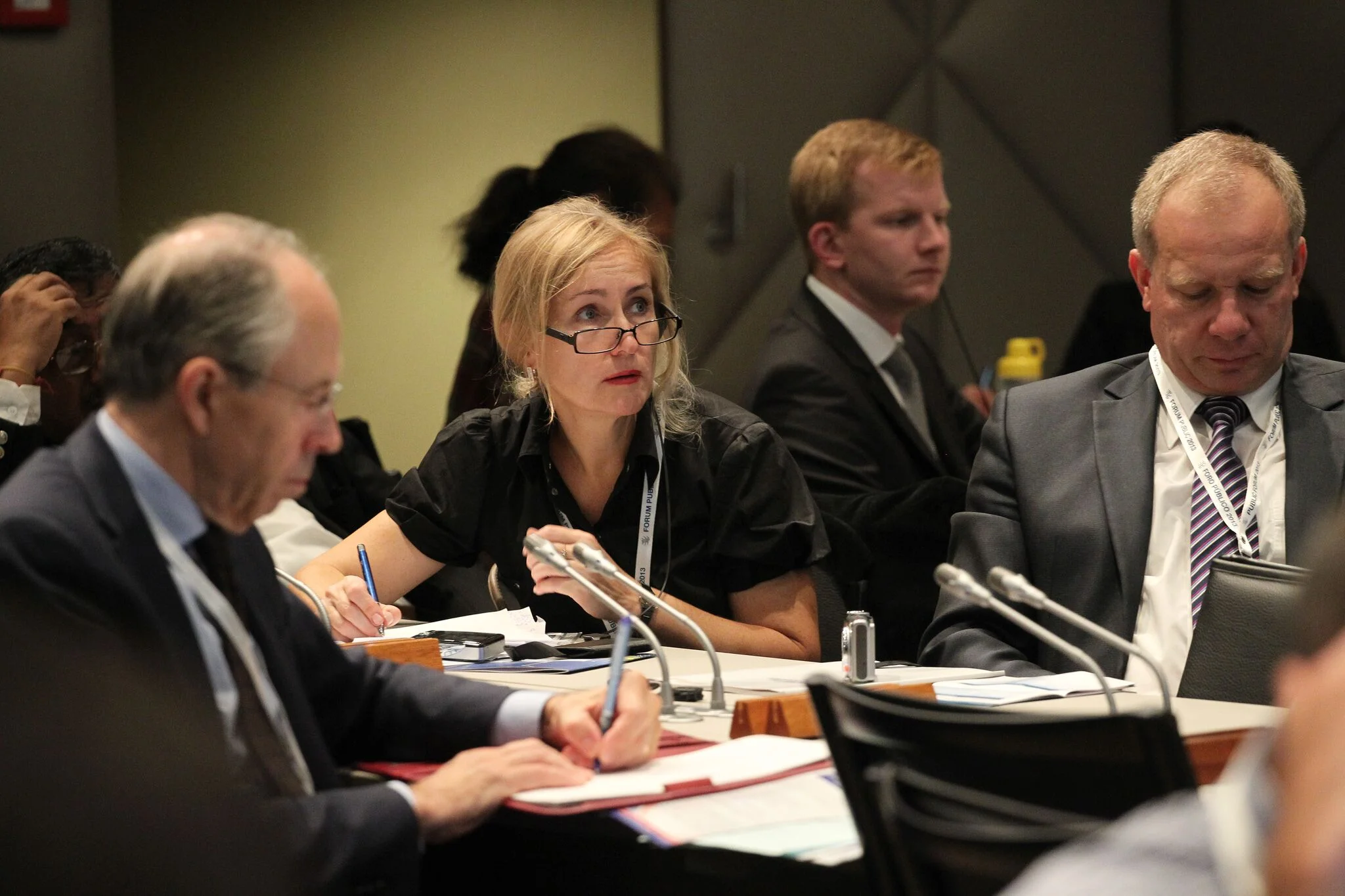
A new report by the Brexit Civil Society Alliance looks at the role civil society organisations play in democracy and what changes need to be made by governments to embrace their potential.
The Next Brexit Related Constitutional Crisis? The UK Government Proposals on the post-Brexit UK Internal Market Represent a Serious Threat to Devolution.
First written on 11 March 2020, we have now updated our report on Rights after Brexit: What Will Change? which can be found below. Our updates reflect the Covid-19 global pandemic, and developments relating to access to benefits.
Our online discussion about the EU Settlement Scheme on Wednesday 27 May marked the halfway point in our #BrexitAnswers webinar series. We heard from Caitlin Boswell-Jones of the Joint Council for the Welfare of Immigrants, Danai Galaziou of the AIRE Centre, and Tamara Flanagan of the New Europeans, who shared their expertise about the process and answered our audience’s questions. Clearly a popular topic, our attendees came from a diverse range of organisations: from campaign groups specialising in the EUSS to those with no other experience of dealing with immigration issues.
The Brexit Civil Society Alliance have now had the first in our #BrexitAnswers series of online discussions, in which we bring the experts to you. We were joined by Clare Gray from the Shaw Trust, Susie Fitton from Inclusion Scotland, and John Horan, barrister at Cloisters chambers to discuss the impact of Brexit on Disability Rights, particularly in light of the Covid-19 crisis.
There have been lots of questions about whether the transition period now needs to be extended as the response to the coronavirus emergency takes up the capacity of both the UK and the EU. There are also questions about what the process for extending the transition period looks like and whether the UK will, in fact, be ready to exit the leave the transition period by the end of 2020 in light of the current emergency.
Coronavirus has changed the political landscape in a way that would have been unimaginable this time last year. But whilst the government grapples with one of the biggest challenges since the Second World War there are some political certainties that remain. One of the most significant is the completion of the details of our exit from the European Union.
“Exit day” has passed and the UK is no longer in the European Union. So far, other than moving onto the next stage in negotiations, not a lot seems to have changed. In our new report, below, the Brexit Civil Society Alliance explores what the immediate impact on your rights is now and what to expect after the transition period.
As the Alliance has written before Brexit has posed serious constitutional questions - indeed how the devolved nations have been treated through the passage of Brexit legislation has been vexatious, to say the least.
Leave or Remain. Two categories that sound like simple tangible ideas but are incredibly complex and nebulous. But when binary options are presented as the only options then conflict will inevitably follow.
Beyond Deal or No Deal lurks the ‘future relationship’, which is likely to contain a trade agreement. We should look now at what that means for our NHS, environment and rights.
The current Withdrawal Agreement is, by most people in Westminster considered dead. However, in the spirit of proper planning what if a deal isn’t dead? What if Johnson’s rhetoric- we’re leaving on the 31st October come what may- is actually aimed at getting MPs in line, rather than, a negotiating tactic? Both can, of course, be true at the same time, but it is worth considering whether a deal could actually be passed before the 31st.
Like many Policy Officers at the minute I find myself attending numerous roundtables about Brexit. I am there to draw attention to the concerns of over a million people in Scotland who are disabled - their fears about erosion of hard-won rights, social protections, staffing within health and social care and funding for their organisations - which have been nowhere near the top of the agenda in the political debates over Brexit.
Tomorrow the Brexit Civil Society Alliance will be speaking at the Institute for Government seminar on “Negotiating the next phase of Brexit”. This is timely given the six-month extension for Brexit and the opportunity now for a period of reflection on how the government has fared so far.
Last week, the Brexit Civil Society Alliance, NPC and Lloyds Bank Foundation for England and Wales brought together leading organisations from the third sector to try and map out the role and mission for the social and wider voluntary sector through (and beyond) Brexit.
For the last 18 months the Brexit Civil Society Alliance has travelled the UK listening to concerns from local groups and voluntary organisations about the impacts on their organisations as we face leaving the EU.
The UK is expected to leave the EU in less than four working weeks’ time. Roughly 3 million EU citizens reside in the UK. These two facts are not unrelated.
As unlikely as it looks at the moment, was Parliament to agree to the Brexit deal the government would then have to bring forward primary legislation to give effect to it in domestic law- that would be the EU Withdrawal Agreement Bill.
The long-awaited Immigration and Social Security Co-ordination (EU Withdrawal) Bill (‘the Bill’), the legislation making provision for a post-Brexit immigration system, is finally before Parliament
As the drama and politics continue to swirl around Brexit, the government is using domestic Brexit legislation as the perfect opportunity to seize unfettered law making powers.
The Supreme Court this week rejected an appeal by the Government against a Scottish ruling which asked the Court of Justice of the EU (CJEU) to look at whether the UK can reverse the Brexit clause.
The next 4 months are crucial although the reality is that it is the next 4 weeks that will determine so much.
An important question remains as yet unanswered: what kind of future UK-EU relationship will we be looking forward to at the end of 2020?
The last week or so has seen a new act of political theatre in the play that is Brexit. Whilst nearly three quarters of a million were marching for a people's vote in London on the 20th October, speculation behind some closed Tory doors was that this week we will see a leadership challenge
The (on reflection) premature triggering of Article 50 without first taking stock of the impact for the nations and regions of the UK has had significant consequences.
With all the furore over the vote this week one could be forgiven for missing yesterdays publication of a letter from the Government to the Northern Ireland Affairs Committee.
The EU (Withdrawal) Bill returns to the House of Commons next week and voting will take place on some crucial amendments. Possibly the most crucial of these is…




























On 21 January the Brexit Civil Society Alliance launched our new report, Seizing the Opportunity: the case for embracing civil society’s role in democracy. To mark the occasion we had a virtual launch event, hearing from expert speakers and opening up the discussion to attendees.